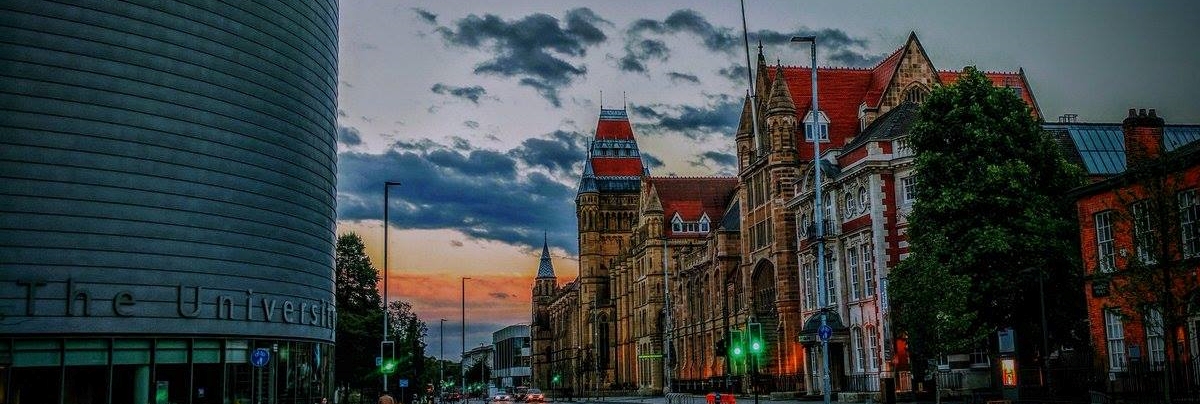
Methodological Nationalism in Political Theory
Alex Sager and Clara Sandelind
Arthur Lewis Building 3.040 (in person)
The concept of methodological nationalism has gained some traction in the social sciences recently, but has still had a relatively modest impact on political theory. Methodological nationalism refers to the underlying theoretical assumption of states as independent, self-contained nations that structures much contemporary political theory. The assumption has been challenged primarily by theorists of migration, but its implications may be much more far reaching (Sager; Bertram; Sandelind). Once you become aware of how the tacit assumptions of, arguably idealised, nation-states as the organising units of politics affect normative analyses, it has the possibility of disrupting many taken for granted ideas around, for example, democracy, international relations, just war, human rights, and so forth.
In this workshop, we want to draw out how methodological nationalism has shaped and is shaping political theory both in migration politics and beyond. Has the concept received enough attention, or is its supposed value to political theorising exaggerated? Does it fundamentally disrupt key political theories, or is it simply based on a disagreement between nationalists and cosmopolitans about the normative value of nations? Which areas apart from migration politics may the concept productively be applied to?
The workshop also seeks to address how methodological nationalism relates to other methodological assumptions that may bias normative analyses in certain ways, such as methodological whiteness (Bhambra). How do criticisms of methodological nationalism relate to increased attention to questions of imperialism and colonialism in political theory? Other examples may include methodological assumptions based on gender or class. For example, recent scholarship on the populist right tends to focus on those ‘left behind’, usually referring to a section of the white, male working class in particular geographical areas of Western states. This might be a case of methodological nationalism intersecting with assumptions around gender, class and race, resulting in a particular kind of normative recommendations.
|
|
|
|
11:00-12:30 |
Registration |
|
12:30-13:30 |
Lunch |
|
13:30-14:00 |
Welcome Speech |
|
14:00-16:00 |
Session 1 Richard Child ‘Methodological nationalism: cognitive bias or substantive moral framework?’ Eilidh Beaton ‘Identifying the Wrong Target?: Methodological Nationalism and Two-Tier Political Theory’ Anna Millioni ‘What is wrong with methodological nationalism?’ |
|
16:00-16:30 |
Tea and Coffee Break (optional) |
|
16:30-17:30 |
Session 1 (continued) Alex Sager ‘Radical Republican Citizenship for a Mobile World’ Benjamin Boudou ‘“It is normal for the Nation to be grateful because you did something exceptional:” Methodological nationalism and the problem of heroic citizenship’
|
|
17:45-19:00 |
Wine Reception |
|
19:30 |
Conference Dinner |
|
|
|
|
9:30-11:30 |
Session 2 Clara Sandelind ‘Methodological Nationalism and Dehumanisation’ Precious Kennedy-Hamilton ‘Black is a Country: Pan-African Liberation as Decolonial Praxis’ Anna Ujlaki ‘The Dual Problem of the Political Theory of Migration’ |
|
11:30-12:00 |
Tea and Coffee Break (optional) |
|
12:00-13:00 |
Session 2 (continued) Torsten Menge ‘Methodological Nationalism, Land Governance, and the “Disassembling of National Territory”’ Matthew Longo ‘Against Gulliver: Linear Borders, Territoriality and the Problem of Naturalness’ |
|
13:00-14:00 |
Lunch |
|
14:00-16:00 |
Session 3 Speranta Dumitru ‘Gerrymandering distributive justice’ Yusuf Yuksekdag ‘Understanding Social Equality in the City: A Bottom-up Approach’ Marcia Morgan ‘Normative Moves Beyond Methodological Nationalism in Migration Ethics and Politics’ |
|
16:00-16:30 |
Tea and Coffee Break (optional) |
|
16:30-17:30 |
Session 3 (continued) Simon Pistor ‘Cosmopolitan reconstruction beyond methodological nationalism: individualism, states, practices and the world’ End of panel |
